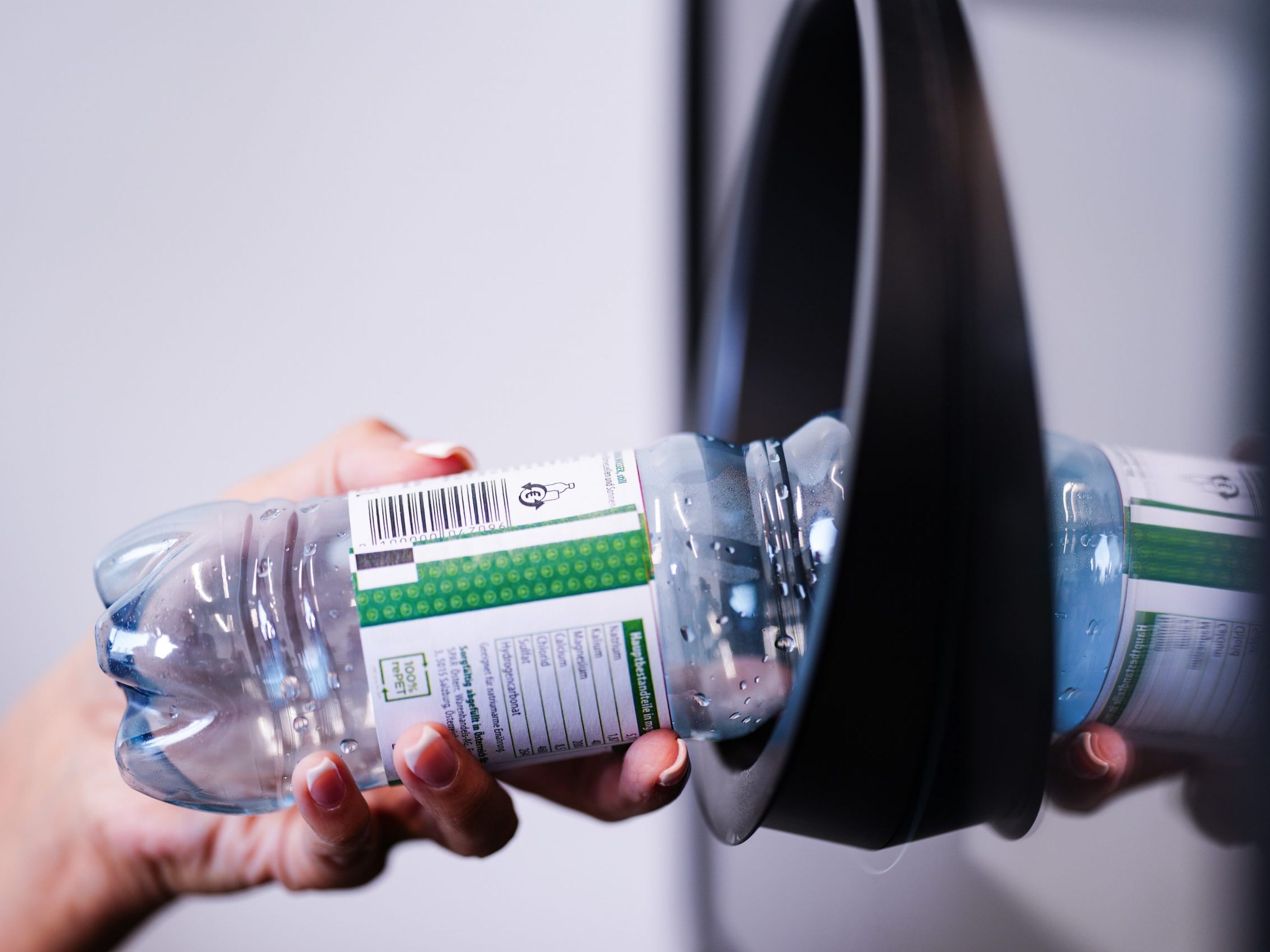New Deposit System Has Been Very Well Received So Far

On January 1st, Austria began the transition to a deposit system for single-use plastic bottles and aluminum cans. The main entity responsible for the implementation is the non-profit gGmbH Recycling Pfand Österreich. Its managing director, Simon Parth, gave a positive assessment after three months, stating that the start went "without major incidents, in any direction." Managing director Monika Fiala added that 26 million containers with deposit symbols were returned in 13 weeks.
Single-use deposit transition without major incidents and faster than expected
Currently, there are around 6,000 return machines and approximately 8,000 manual return points such as sausage stands, bakeries, or canteens. The goal is to recycle around 2.2 billion bottles and cans annually in the near future. Overall, Austria is not considered a pioneer in single-use deposits, as it ranks 18th in Europe, said Parth, but it is still a "deposit country." He pointed to the long-standing experience with reusable deposits, which may provide a certain starting advantage over other countries. The machines previously specialized in reusable deposits have been converted in many shops. Another advantage for Austria is having the densest retail network after Finland, and consequently, many return machines.
Return rate expected by the end of the year
A specific return rate cannot be provided at the moment, "a truly significant number will be available by the end of the year," an initial estimate is possible before that, said Parth in an interview with APA. There are still single-use containers without deposits available in stores, and it was still possible to produce them until March 31st. Nevertheless, the transition is happening much faster than expected: "We believe that by summer, anyone looking at the shelves will have to search carefully to find products without a deposit logo," predicted Parth.
Such containers may still be sold until the end of the year - and are currently often the trigger for consumer inquiries like "the machine did not accept my container," explained Fiala from practice. When you then ask for a photo, you find out: "it was not yet a deposit container." Confusions of this kind are understandable due to the still prevailing "mixed existence" of deposit and non-deposit products.
Responsibility for the Entire Deposit Chain
During the transition, there is constant communication with consumers. For this, Recyclingpfand Österreich operates a service hotline and is reachable via email or social media channels. "We are also an operational company," said Parth. Thus, the entire logistics from the small branch to the sorting facility is organized, "the entire deposit clearing also runs through us." In summary, they bear responsibility for the entire chain - "if the deposit return did not work one day, we would notice," added Fiala.
The actual goal of the single-use deposit is for this segment to contribute to the circular economy and recycling, thus reducing environmental pollution: "This 'littering' disappears through a deposit system because every bottle and can is worth 25 cents. And therefore, the approval for this deposit system has always been very high." In Austria, the return rate is to be increased from around 70 percent to at least 90 percent by 2027, thereby fulfilling the corresponding directive (Single-Use Plastic) two years faster than required by the EU. And the deposit for non-returned containers - the so-called deposit slip - is used for the further development of the system.
Fiala pointed out another important EU requirement, according to which every producer must use recycled material in their PET plastic bottles since this year. "Currently, it is 25 percent, and that means every producer needs to get part of their material back." Thus, this cycle is closed through the deposit system, which has not been the case in Austria so far, because "the producer did not have access to the collected PET bottles until now."
(APA/Red)
This article has been automatically translated, read the original article here.





